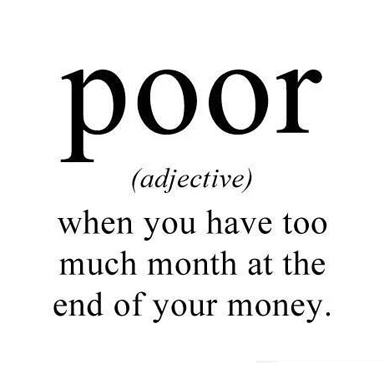Many people wonder what happens to their or their loved ones’ debt after they pass away and worry that those left behind will be stuck paying for their debt. Close relatives to the family member that died are generally not liable for most debt. Each state has its own laws regarding debt after death, so if you have specific questions, it is best to speak with an estate lawyer.
After you die, your estate can be used to pay off your debt. If you do not have an executor, your state may appoint one for you. They will determine what needs to be paid and how it is paid. Secured debts are paid first, followed by unsecured debts such as credit cards. If there are not enough assets to cover your debts- your loved ones may start to get calls from creditors looking for payments. It is essential that you and your loved ones know your state’s specific guidelines in order to prevent them from repaying debts they do not have to pay.
For credit card debt, the responsibility to repay will depend on if there is a co-signer on the card. If your spouse co-signed for your credit card, they can be held responsible for your debt even if they never used the card. However, if they are simply an authorized user, they are not liable to repay the debt. There may be exceptions to this in community property states.
Lenders often sell their outstanding and unpaid debts to third party collection agencies. Every time the debt is sold, the survivors may begin to receive calls looking for payment. Keep all financial information organized and accessible, so your spouse or family member is not coerced or guilt tripped into paying a debt where they have no responsibility to repay.
Many individuals assume that debt after death is written off or forgiven, but that is not always the case. Unfortunately, that is not how the law works in most states with the exception of federal student loans. However, that does not mean your spouse or close family member is automatically held liable for your debt after your passing either. Many times lenders and creditors will count on the family not knowing the laws and will take advantage of their ignorance to make it sound like they are responsible, even when they are not.
If you are concerned about leaving a large amount of debt behind for your family or losing the value of your estate to debt, there are many ways to reduce or eliminate your debt. Talk to a debt counselor who can help you learn how to fix credit problems, good money management skills and living within your means. Many times credit cards and other types of debts will have available protection plans you can add for an additional monthly fee. If you sign up for a protection plan-your debt would be forgiven upon your death. Know your state’s laws and speak to a professional to leave your family financially secure after you die.
This reminder was brought to you by Secure Loan Consolidation.























